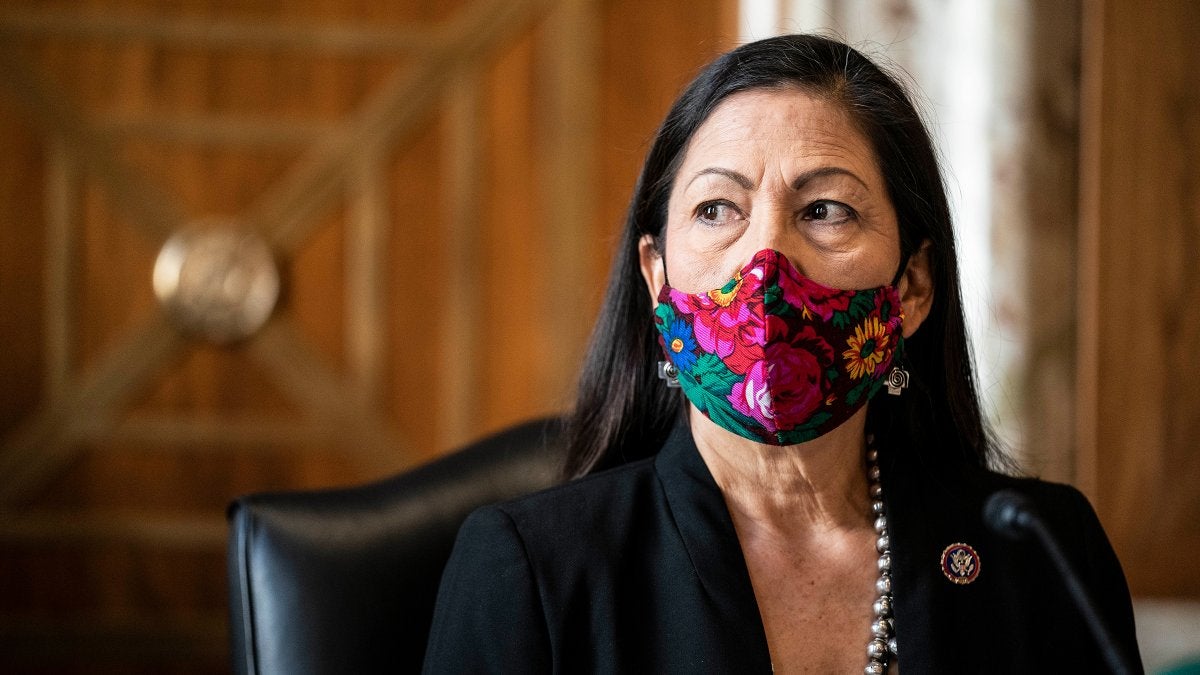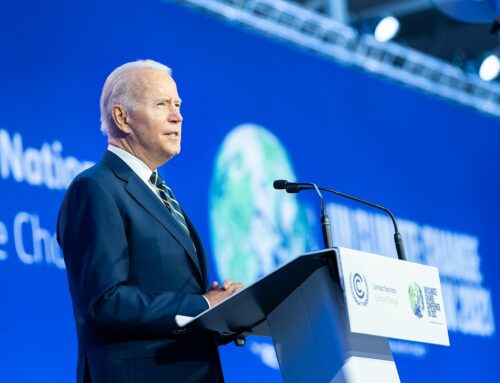by Greg Walcher, E&E Legal Senior Policy Fellow
As appearing in the Daily Sentinel
The Senate Energy and Natural Resources Committee held confirmation hearings this week on President Joe Biden’s Interior Secretary nominee, Rep. Deb Haaland. The committee had already approved the nomination of Jennifer Granholm to be Secretary of Energy, and the Environment and Public Works Committee already approved the EPA Administrator nominee, Michael Regan. Those hearings were civil, and the votes bipartisan. Rep. Haaland was not so lucky. Her hearings were contentious and sometimes angry.
Haaland (a member of the Laguna Pueblo) was elected to Congress from New Mexico in 2018, one of the first two Native Americans ever elected to Congress. She will become the first to serve in the Cabinet, making history by heading the department responsible not only for America’s public lands, but also for its relationship with native tribes, including administering their treaties and trust funds. It is a milestone long overdue, and her nomination might be universally applauded, but for the fact that her views on environmental issues seem so out of step with many tribes, and with the western states from which Interior Secretaries are traditionally chosen.
Haaland is a lawyer and political activist who, before her one term in Congress, worked as a local administrator and as a field organizer for Obama campaigns. She is said to be part of the “keep it in the ground” movement, seeking to stop America’s use of oil and gas, and she has advocated banning fracking, which would eliminate much of today’s energy production. In her congressional campaign, she vowed to vote against fossil fuel infrastructure in general, so she was grilled sternly by western senators at the committee hearing. The Interior Department’s mission includes managing public land mineral and energy resources, and leasing some of those resources for production. Haaland calmed the committee with a more conciliatory tone, though, assuring members “there’s no question that fossil energy does and will continue to play a major role in America for years to come.” She said Interior should continue to issue permits “as a general matter,” and acknowledged that Interior relies partly on funding from energy production royalties. “But,” she warned, “We must also recognize that the energy industry is innovating, and our climate challenge must be addressed.”






